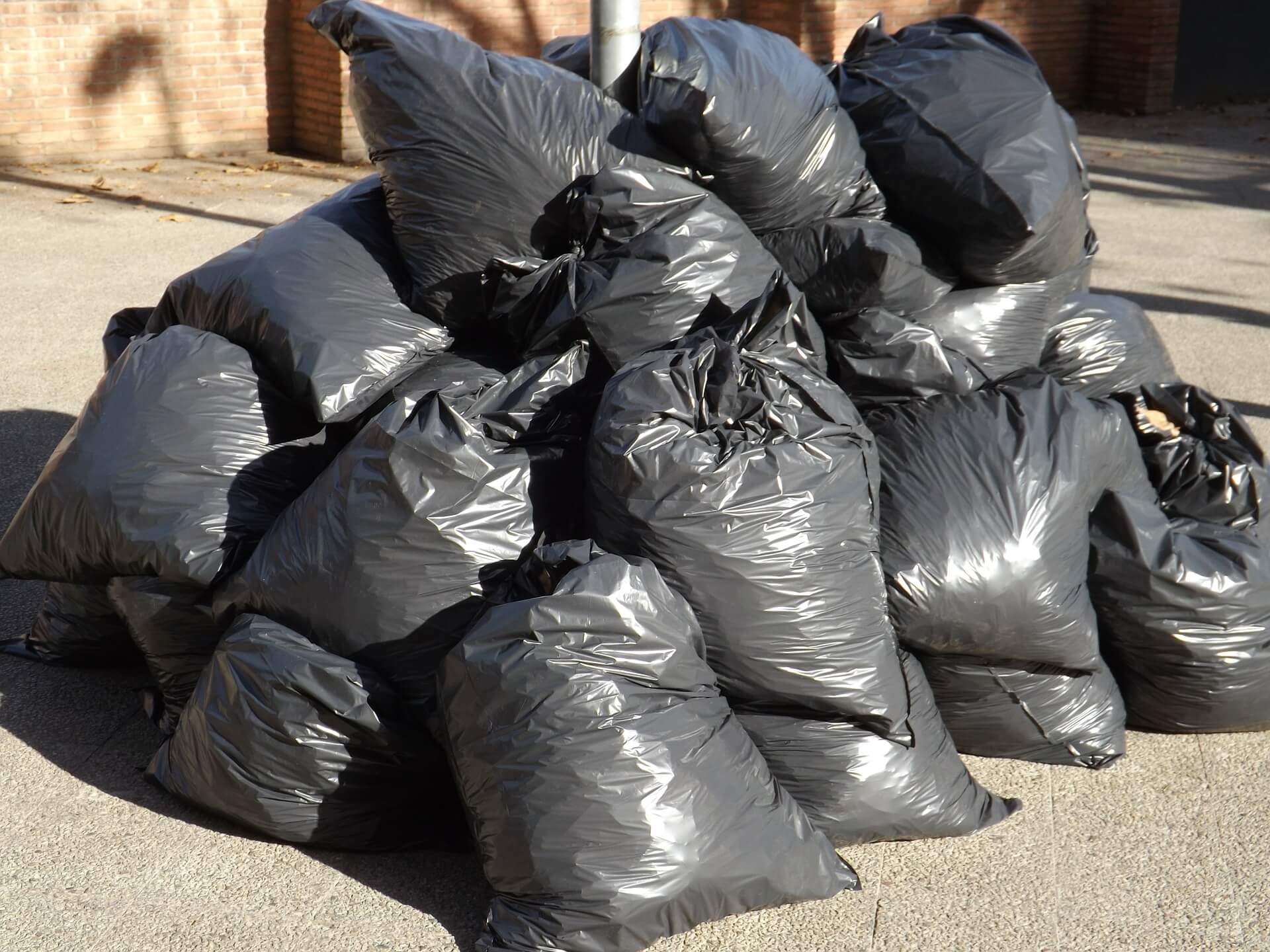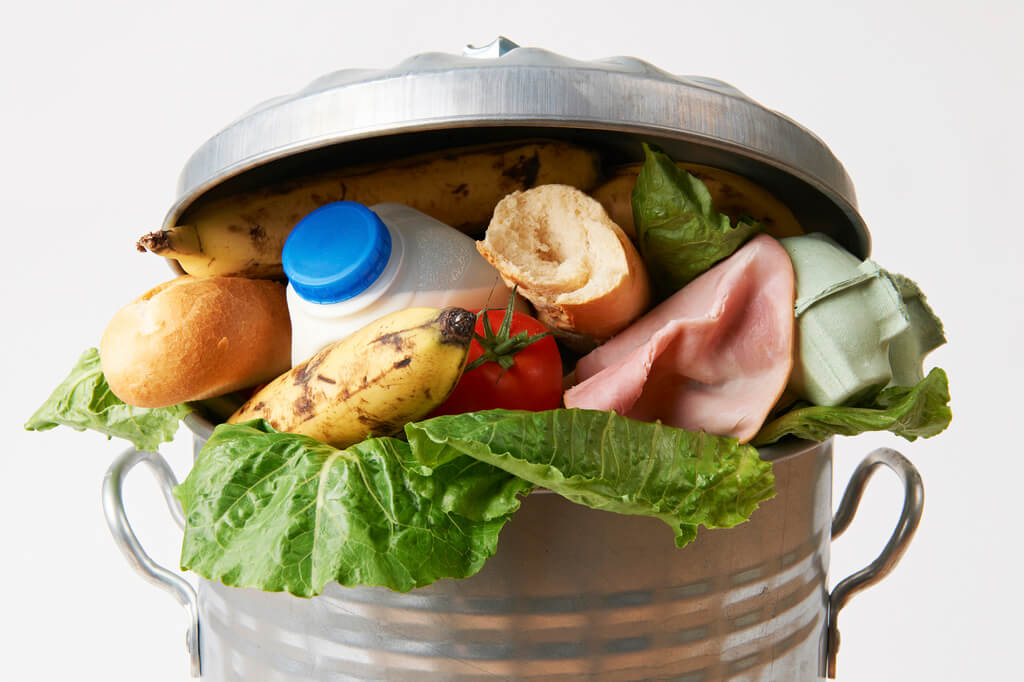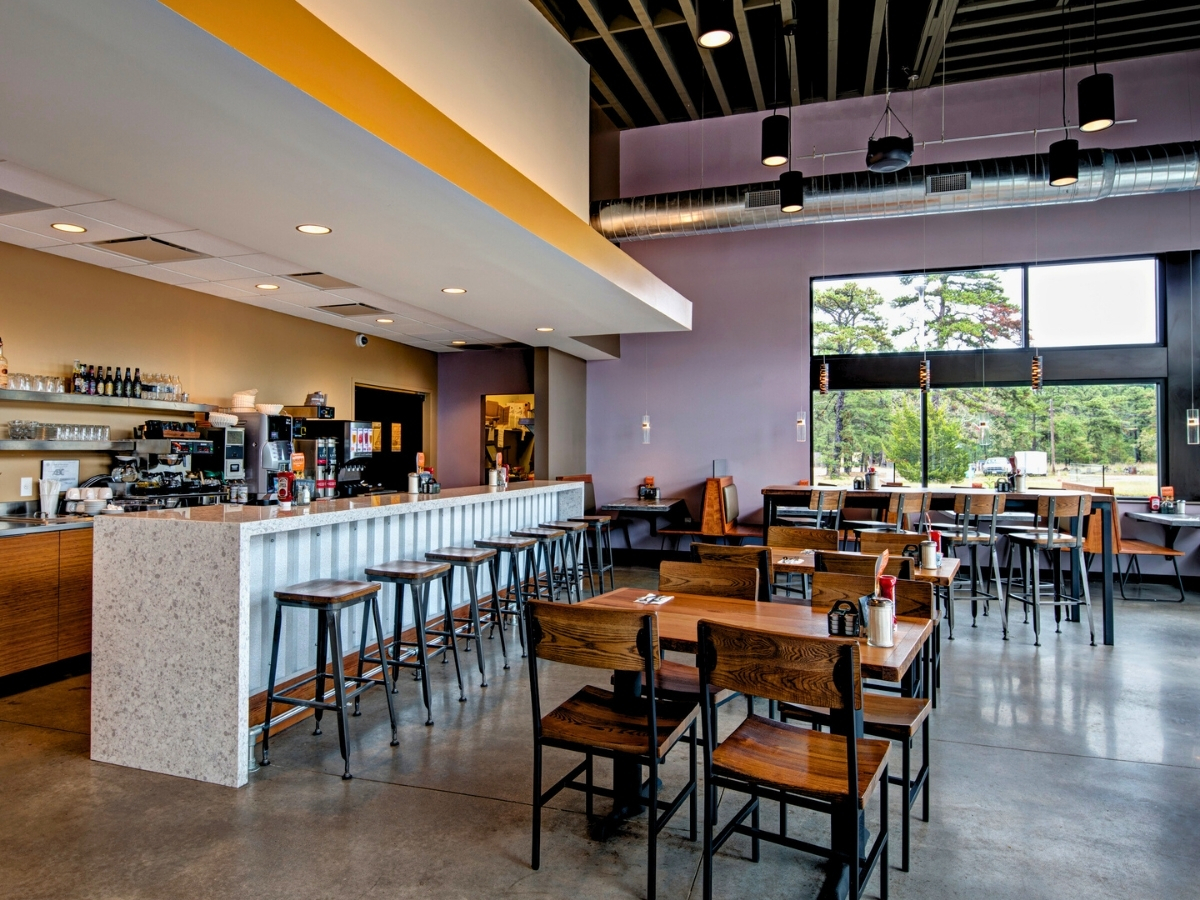When you hear the phrase “third largest cause of greenhouse gases”, what comes to your mind? Fracking? Carbon dioxide emissions? Nuclear power-plants? Of course, these have an impact on the environment but it’s actually food waste that holds the bronze medal in greenhouse gas emission. In fact, “6.7% of all global greenhouse gases come from food waste” according to the UN Food and Agriculture Organization.
So why should this matter to you and your restaurant? Food waste is not an issue limited to third world countries, it’s an issue across the globe, and influences your bottom line. Food wasted in your restaurant leads your managers having to order (and spend) more.
Food waste slips the average consumer’s mind because it’s just food, it will break down in a landfill wherever it ends up, right? Wrong! Most landfills become anaerobic because large volumes of trash are crammed tightly together, making it impossible for waste to decompose. Because it’s not able to decompose, food waste primarily emits methane gas, especially meats like beef and lamb, for longer periods of time.

The irony of food waste is a double-edged sword. While restaurants are busy throwing out food, many people aren’t getting the proper nutrition they need.
Food waste happens in a variety of ways in different countries, but it is a shared fault of all global communities, regardless of wealth or status. In the US, 62 million tons of food are wasted annually and $218 billion are spent growing, processing, and transporting wasted food.
To make matters worse, food waste happens in some shape or form at almost every stage in its lifecycle, stretching resources very thin. In total, global food waste eats away at “19% of fertilizer, 21% of all fresh water, 18% of cropland, and 21% of landfill volume” throughout the growing, production, and consumption processes. Of the 62 million tons wasted, about 10 million tons are from unharvested or thrown away food on farms, with the remaining 52 million tons sent to a landfill.
The numbers are staggering to know how much is wasted, but it’s even more concerning that one in seven Americans are food insecure. Per the USDA, food insecurity is “a household-level economic and social condition of limited or uncertain access to adequate food”. Food security continues to be a very real issue, even though 1.3% of the American GDP is spent on food waste.

In a world where resources are shrinking, now is the time for foodservice industries, farms, production facilities, and end users to take action.
So what can restaurants do to help? Here are some tips to help reduce your carbon footprint and use your food wisely.
Knowledgeable ordering– Prevent food waste before the food even enters your kitchen! Food waste is not only costly to the planet; it hurts your bottom line. Proper staff training, up to date recipe cards, and a weekly inventory check can lead to effective food ordering.
Portion sizes– Calculating how much food goes into each menu item and stick to them can reduce future orders of food that are unnecessary.
Compost– Decomposing produce is the perfect nutrient for your onsite herb garden, turning your food waste into a food win! If you don’t have the space to run your own garden, help local farming or gardening efforts with your compost.
Donate– Many communities have started grassroots movements to reroute potential wasted food with needy parties such as senior centers or homeless shelters. These organizations make sure the food is in good condition and not wasted. Restaurants are also able to write off the cost of the food as an itemization on tax forms. You will need to calculate whether it’s more worth it for your business to give up its standard deduction in favor of itemized deductions.
The less food your restaurant wastes, the less money you will see piling up in a landfill. Food waste will continue to be an issue for those in the food service industries if the proper steps aren’t taken. Being smart with food orders, menu portion sizes, compost efforts, and donation centers are crucial for sustainably operating your restaurant while also keeping in mind your bottom line. By taking steps to lessen food waste, your restaurant can make a significant impact on its community.






